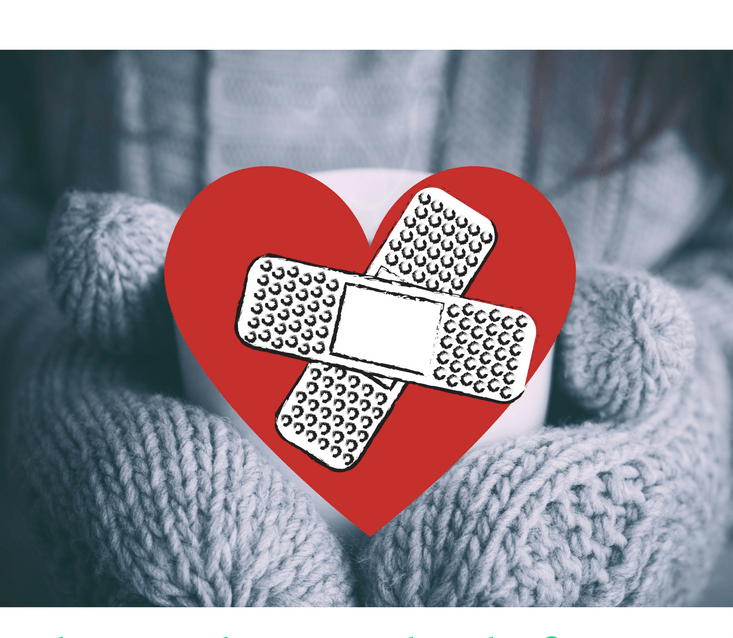 “You need to love yourself before you love other people.”
“You need to love yourself before you love other people.”
“You need to take care of yourself first.”
“If you don’t love yourself (or take care of yourself first), how can you love other people (or take care of other people)?”
We hear this term “love yourself” a lot but what does that even mean?
Recently, I heard a lot of clients asking me the same question: “my friend/partner said that I don’t love myself enough.” Coming from a collectivist culture, “love yourself” is a foreign term to me. In the collectivist culture, there is no “I” but “we.” It is important to consider my action and its impact on the group instead of what “I” need or want.
So, I decided to do some research on what is love yourself.
Nowadays, all the research starts with “google.” So, I google this term “love yourself” and apparently there is a song called “love yourself” by a teenage-looking singer popping up that occupied the entire page of the search result.
These search results are not what I want. So, I decided to google “what is love yourself?”
The spiritual guru Louise Hay has a page about “do you know how to love yourself?” and it’s worth checking it out. She talked about accepting yourself the way you are, unconditionally, from today.
What does that even mean? I can see a few clients’ confusing face in front of me.
Then, the rest of the search results showed different pages titled with “xx ways to love yourself.”
OK, I know that there are ways to love myself. So, does this mean loving myself is equal to doing things for me?”
It made me start to ponder the similarities of these clients who asked the question about “love yourself.” I realized that these clients all come to counseling because of depression. So, how are depression and self-love correlate to each other?
One of the most significant symptoms of depression is the clients’ constant rumination thoughts about “I should have….” “I could have……” and “I would have……” These “should’ve, could’ve, and would’ve” are connected to the depression because……
It is something that has happened in the past, and there is nothing you can do to go back to the past to change it. Therefore, it triggered the powerless and hopeless feelings, which lead to depression if that’s what you are constantly thinking about.
For example:
“I should have studied harder after I got into the college, but I didn’t. I flunk out of the college. If I did, I would have been at the same place like my friend so and so. I could have been traveled the world. Now, everyone from my high school class is having a stable life and lives the dream life, and I am still in college to finish the degree.”
The truth of the matter is this: No matter who you are, you can’t go back to the past to change the past. What’s done is done. Thinking about these “should’ve, would’ve, and could’ve” only made you feel depressed.
So, here is the million dollar question:
When you think about your “should’ve, could’ve, and would’ve” past, can you look in the mirror and say to yourself:
“Still, with the lousy choices you made, I still love you.”
I can almost see the horror from those clients’ faces, “really? You are asking me to forgive the mistakes I made?”
Yes, my dear readers, one of the true meanings of “love myself” is not about love. “Love myself” is about compassion towards oneself. It is about being able to look at yourself in the mirror at your worst moment in life and say to yourself:
“Even though I hate all of those horrible decisions you made, I will forgive you.”
“No matter what happened, I will never abandon you and hate you.”
Can you? Can you at least try to have some compassion for yourself, knowing that person who made a “terrible choice,” as you said, didn’t have enough information at hand to make a sound decision? However, hanging onto his/her mistake has stopped you from moving on to your life. You spend the present to regret about the past. So, for your future self, can you try to have some compassion to forgive yourself?
Can you please try to have some compassion for yourself as a first step to love yourself?
Extended reading: Forgiveness 1 & Forgiveness 2.

3 Responses
Loved this so much. Thanks a lot for sharing this. 😊
I am glad it speaks to you.